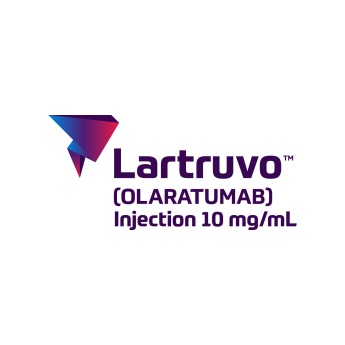Last year, the U.S. and European food and drug agencies granted approval to Lilly’s Lartruvo medication to treat progressive soft tissue sarcoma (STS), a rare cancer that develops in muscles, fat, tendons, and other soft tissues.

The U.S. and European regulators approved Lartruvo for use in combination with the FDA-approved chemotherapy drug doxorubicin for those that cannot be cured with radiation or surgery and those who have STS that requires chemotherapy.
According to the U.S. National Cancer Institute, 12,310 people in the United States were diagnosed with STS in 2016, and almost 5,000 deaths were likely to occur from the cancer in the same year.
“Soft tissue sarcoma affects less than 1 percent of all cancer types. Because STS is so rare, there has been little investment to find a solution,” said Paul Henry Huibers, chief executive officer and president of Lilly Korea during an education session held at the company in central Seoul Wednesday.
Noting that in the past 40 years, there has been no innovation at all in this area, Huibers said, “In this regard, we are proud to have produced a biologic that has won approvals in the U.S. and Europe, and we were also able to bring it to Korea quickly,”
Soft tissue sarcoma develops when platelet-derived growth factor (PDGF) receptors are stimulated, causing tumor growth. Lartruvo is a PDGF receptor-alpha blocking antibody that blocks these receptors, which may help slow or limit growth, according to Kim Hyo-sung, an assistant professor at Yonsei University College of Medicine, during a lecture.
The drug gained accelerated FDA approval after Lilly studied Lartruvo’s safety and efficacy in a randomized clinical trial involving 133 patients with more than 25 different subtypes of metastatic STS, he added.
“Clinical trials have shown that the drug can prolong survival rate for almost a year. Patients have been asking for Lartruvo since it gained FDA approval,” Kim said. “The price remains to be decided, but it has great potential.”

